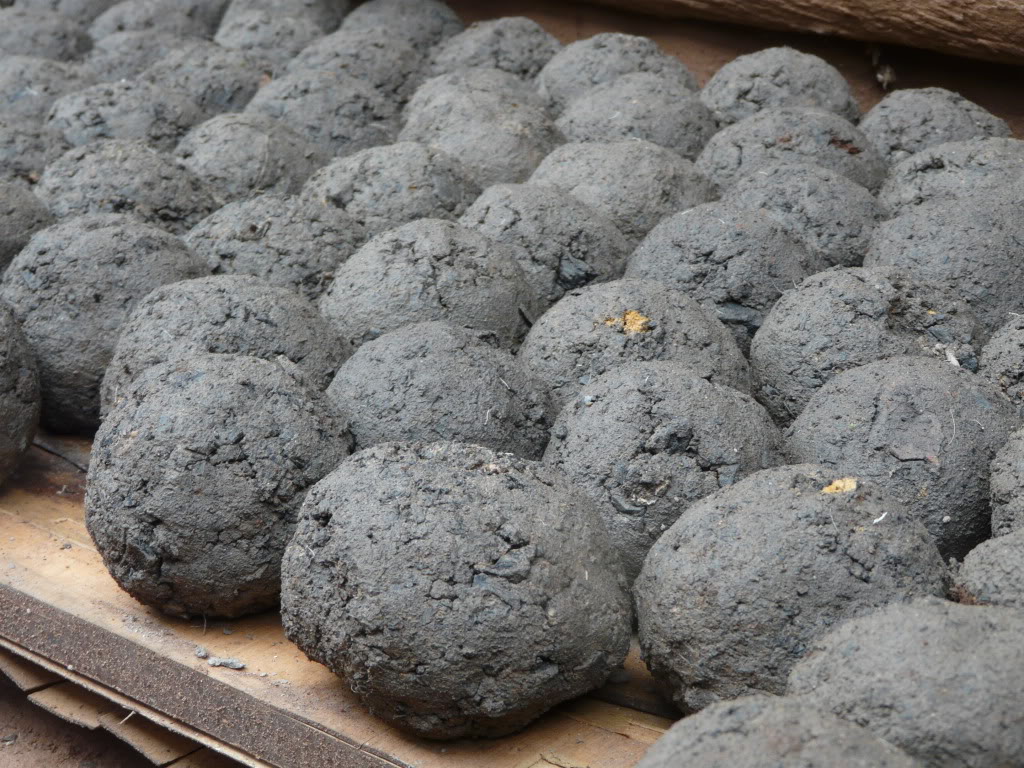In many rural households in Kasigau, Kenya, traditional charcoal is both a livelihood and a cooking necessity. But it comes at a cost: every year, households cut down trees, threatening biodiversity and leaving bare land behind. This reality inspired this research on sustainable charcoal alternatives.
We explored the production of eco-charcoal briquettes made from sustainably pruned branches and carbonised in efficient drum kilns. We examined whether this intervention could reduce land degradation experienced from the normal cut-and-burn charcoaling techniques. This was by documenting the eco-charcoal production process, interviewing producers, and collecting field data on charcoal production practices and perceptions of eco-charcoal as a sustainable solution.
Eco-charcoal burns hotter, longer, and with less smoke than traditional charcoal. Producers and users reported easier storage, affordability, and regeneration of trees through careful pruning. Importantly, it creates employment opportunities, especially for former traditional charcoal burners.
This project is impactful especially since Kenya is committed to transitioning to clean cooking fuels by 2028. Scaling eco-charcoal production offers a practical pathway, balancing environmental conservation with social and economic benefits.

Sustainable biomass-related fuels sit at a crossroads: offering a pathway to mitigate degradation and alternative for traditional charcoal, while fighting for recognition in the clean cooking spectrum in the country. Eco-charcoal has the ability to leverage local resources and support rural economies, yet its success hinges on overcoming scaling challenges and integrating with modern energy solutions.
Through targeted training, infrastructure investment, policy integration, and clean cooking synergy, eco-charcoal can drive a sustainable transition, countering its neglect in favour of non-biomass fuels and supporting its role in the clean cooking space. However, as a sustainable energy solution, eco-charcoal requires community buy-in, market access and supportive policies.
By Ann Njuguna






